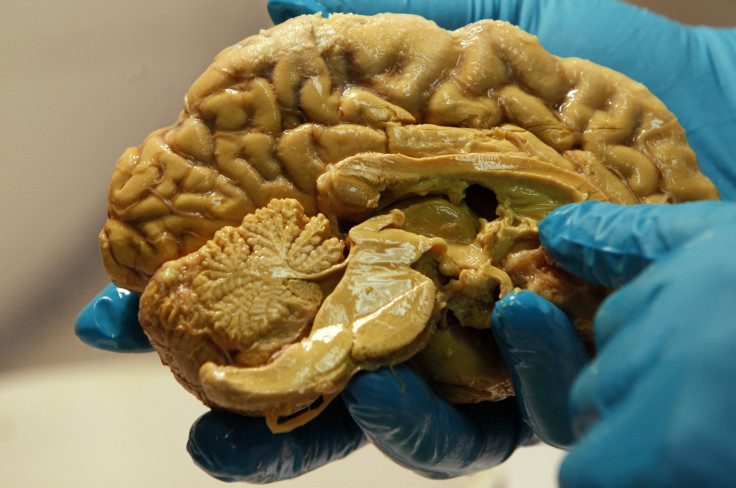Mentally ill Indonesians face extreme torture, believed to be possessed by the devil or cursed

Indonesia’s mental institutions have not yet conformed to the 1977 ban on the practise of chaining and locking up mentally ill patients. In a shocking revelation, Human Rights Watch has found out that almost 19,000 mentally ill Indonesians are still locked up in confined places, sometimes for years. They are under tremendous torture as they are never released off their chains. They are forced to go to the toilet, eat and sleep in the same place. The patients are rarely allowed to move.
The alarming report has revealed the brutal reality for the mentally ill in Indonesia. Those who can’t receive treatment due to their families’ lack of income are similarly chained at home. The report has urged the government to immediately inspect all private and government institutions and take actions against those who still treat the mentally ill in such derogatory manner.
Human Rights Watch visited 16 private and government institutions across Sumatra and Java between November 2014 and January 2016. It was left speechless when it found out the kind of sexual and physical violence these patients face. They are even forced to undergo involuntary treatments such as seclusion, forced contraception, restraint and electroshock therapy.
In a direct insult to humanity, three of four mental institutions performed insanely painful procedures on patients without oxygen, muscle relaxants and anaesthesia. Human Rights Watch documented 175 cases of mentally ill patients locked up under extreme conditions, the longest being a woman who spent 15 years in pasung, or being locked up or shackled in confined places.
Unfortunately, there is a lot of stigma in the Indonesian community with respect to schizophrenia and depression patients. There is a belief that mentally ill patients are possessed by evil spirits because they have displayed immoral behaviour, sinned or lacked faith. Hence, families generally first approach traditional healers. They keep medical advice as a last resort.
“Just imagine being locked in a goat shed where you are eating, sleeping, urinating and defecating in the same space for years at a time. You can't get out to have a bath and are surrounded by the stench of your own excrement. I heard this phrase again and again ‘It’s like living in hell,’” said disability rights researcher Kriti Sharma.
Many find it impossible to get access to medication. According to Ministry of Health data, nearly 90 percent of those who want access to mental health services cannot do so as the country of 250 million has only 48 mental hospitals. Moreover, more than half of these institutions are situated in four of the 34 Indonesian provinces. All of Indonesia has only 600 to 800 psychiatrists. The lack of facilities and services contribute to the abuses mentally ill patients face.
Human Rights Watch wants the government to work with international donors on appropriate services and programs. The donors would provide technical assistance. The government should also develop accessible and adequate voluntary community-based mental health and support services.
It should also take steps towards training mental health professionals, government health workers and staff in institutions about the needs and concerns of mentally ill patients, the HRW said. There has to be a complaint mechanism in place so that people can report abuse. The government has also been urged to implement rigorous monitoring and policies that would include the ban on pasung.
The Human Rights Watch added that the government should amend the Mental Health Act and Rights of Persons with Disabilities Bill simply to ensure they are in full compliance with the CRPD.





















